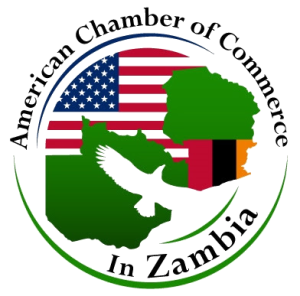

The proposed Materials and Regulation Commission Act in Zambia aims to address several critical issues within the mining sector. This legislation is set to replace the current Mines and Minerals Development Act No. 11 of 2015. The key objectives include establishing the Minerals Regulation Commission, enhancing regulation, monitoring compliance, and enforcing activities related to mining.
The new act targets a range of issues such as illegal mining, mining licenses, environmental degradation, poor occupational health and safety standards, unsustainable exploration and mining methods, and loss of government revenue. Additionally, it seeks to stimulate investment in geological mapping and mineral resource exploration, thereby leveraging opportunities in the mining sector to boost capital inflows.

One of the primary goals of the Act is to enhance regulatory efficiency and transparency. By establishing a centralized regulatory body, the Act aims to streamline the approval processes for mining licenses and permits, reducing bureaucratic delays that have historically plagued the sector.
The current system has been criticized for its lack of transparency and allegations of corruption. The Act seeks to introduce clear guidelines and timelines for the issuance of licenses, making the process more predictable and transparent. In addition, the Act emphasizes the importance of environmental protection and sustainable mining practices. It mandates stricter environmental impact assessments (EIAs) and regular monitoring of mining activities to ensure compliance with environmental standards.
Zambian Cabinet has approved this bill in principle, and it is expected to be introduced to Parliament soon. The government hopes that this new legal framework will make the mining industry
more responsive to modern demands and improve overall regulatory effectiveness.
